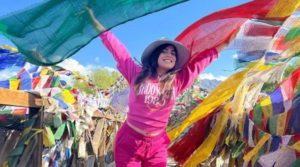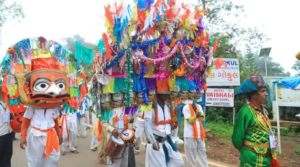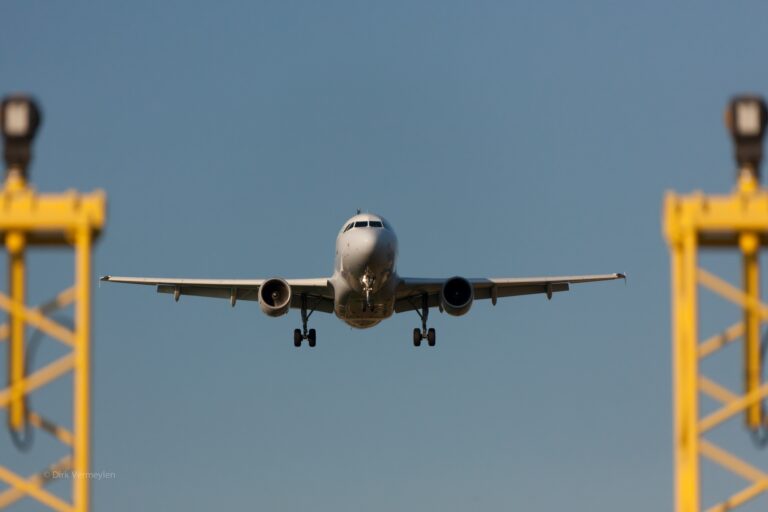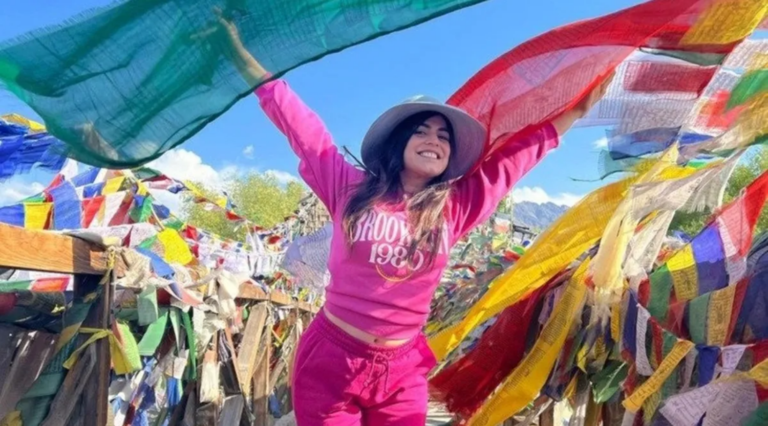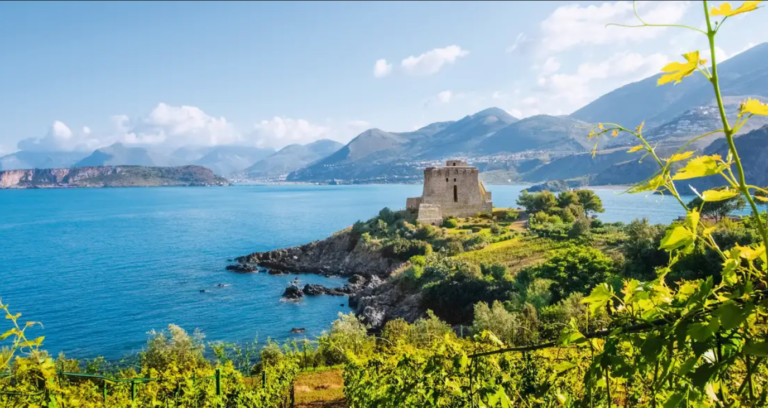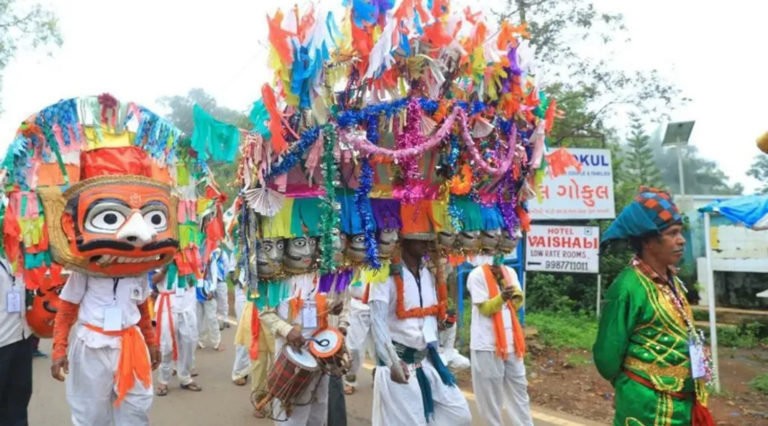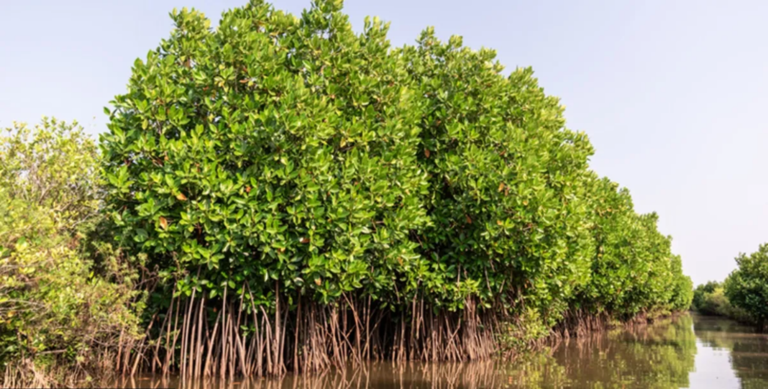Along the pine-tree-fringed Ionian coast of Calabria at Badolato Marina, Mario Gallelli is leisurely preparing his beachfront establishment for the upcoming summer. On a sunny Friday morning, a group of school children, led by their teachers, is diligently picking up litter from the empty shore.
Despite its long-standing association with organized crime, Calabria, Italy’s southernmost mainland region, remains relatively unexplored by international travelers. In 2019, only 1.9 million tourists visited Calabria, with a mere 20% being foreign visitors—merely 0.5% of the 65 million foreigners who explored Italy that year, according to Demoskopika research.
Nevertheless, boasting nearly 800 kilometers of stunning beaches, verdant national parks, captivating historic villages, ancient ruins, delectable culinary offerings, and a surprising cultural tapestry, Calabria is replete with attractions.

Transitioning from a challenge to an opportunity, Professor Tullio Romita, head of the University of Calabria’s Tourism degree program, notes that modern tourists seek experiential holidays, emphasizing local resources such as agriculture, food, and wine. This shift represents significant growth potential, especially for Calabria.
The regional tourism board aims to create a sustainable tourism strategy showcasing Calabrian culture. According to Fausto Orsomarso, regional councilor for work, economic development, and tourism, Calabria possesses a unique heritage not found anywhere else.

The Terra dei Padri project, meaning Land of the Fathers, taps into the rising trend of roots tourism, with descendants of migrants returning to their familial homeland. Professor Romita highlights the substantial number of Calabrian descendants among the estimated 50-60 million descendants of Italians worldwide.
In various towns, citizens are leveraging local resources and reinterpreting local history. For instance, Instaruga in Pallagorio connects small local tourism operators with larger travel agencies, helping them reach a broader audience. The Arberia tour, showcasing the culture and traditions of the Arbreshe Albanian-speaking minority, is particularly appreciated.

In Cosenza’s old town, guide Carmela Bilotto organizes tours to experience the authentic, unvarnished everyday life of the place. Despite the area’s historical richness, it is also the poorest and least well-maintained, reflecting the paradoxes of Calabria.
To experience genuine Calabria, the Cammino Basiliano hike is recommended. Covering 1,400 kilometers and connecting 140 towns, this trail in the footsteps of Basilian monks promotes the discovery of often overlooked inland areas. Ethnobotanist Carmine Lupia, a founder of the Cammino Basiliano, asserts that this form of slow-paced tourism is the way forward for Calabria, given its rugged geography.
By highlighting Calabria’s unique cultural heritage and promoting a slower pace of tourism, this region could soon attract a more significant number of international guests.


